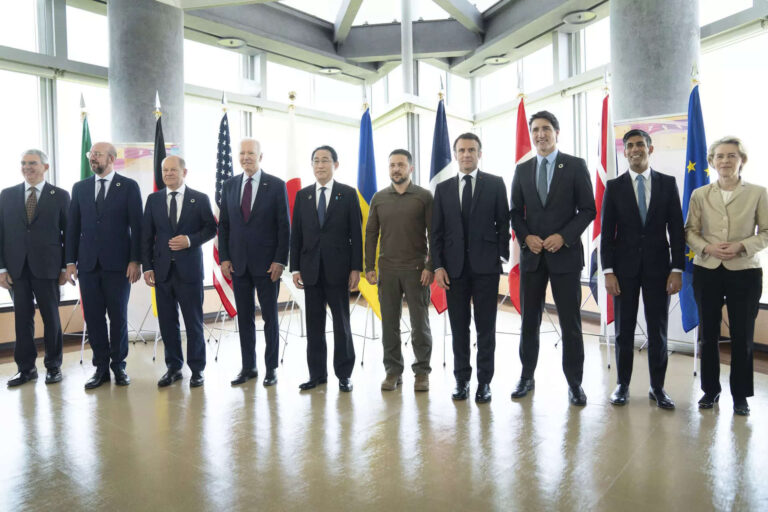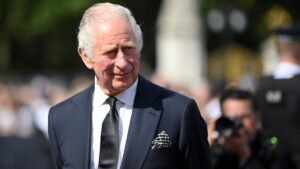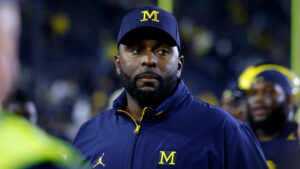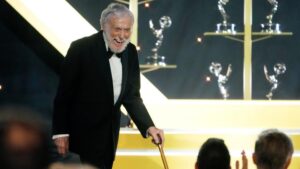Ukrainian President Volodymyr Zelenskyy huddled with some of his biggest backers as the Group of Seven summit closed in Hiroshima on Sunday, building momentum for his country’s war effort even as Russia claimed a symbolic victory on the battlefield.
The Ukrainian leader’s in-person appearance in his trademark olive drab underscored the centrality of the war for the G7 bloc of rich democracies. It also stole much of the limelight from other priorities, including security challenges in Asia and outreach to the developing world, that the leaders focused on at the three-day gathering.
“G7 reaffirmed our commitment to continue our strong backing for Ukraine from every possible dimension,” Japanese Prime Minister Fumio Kishida said.
Zelenskyy held two major rounds of meetings Sunday, one with G7 leaders and a second with them and a host of invited guests including India and South Korea. He also held one-on-one talks with several of the leaders.
Hanging over Sunday’s talks was the Russian claim that forces of the Wagner private army, backed by Russian troops, had seized the Ukrainian city of Bakhmut. The eight-month battle for the eastern city — seen by both sides as a major symbolic prize — has been the longest and likely bloodiest of the war.
Asked if Bakhmut was still in Ukraine’s hands, Zelenskyy said he thought that Russian forces had finally taken the city.

“For today, Bakhmut is only in our hearts. There is nothing in this place,” Zelenskyy said, adding that the fight had left nothing in Bakhmut but a lot of “dead Russians.”
U.S. President Joe Biden announced a new military aid package worth $375 million for Ukraine during his meeting with Zelenskyy, saying the U.S. would provide ammunition and armored vehicles. That fresh pledge came after the U.S. agreed to allow training on American-made F-16 fighter jets, laying the groundwork for their eventual transfer to Ukraine.
Even before Zelenskyy landed Saturday, the G7 nations had unveiled a slew of new sanctions and other measures meant to punish Moscow over its invasion that began in February last year.
While Ukraine dominated the summit, the leaders of Japan, the U.S., the United Kingdom, France, Germany, Canada and Italy, as well as the European Union, also aimed to address global worries over climate change, poverty, economic instability and nuclear proliferation.
And Biden sought to reassure world leaders that the U.S. would not default because of the debt limit standoff that has cast a large shadow over his trip.
Two U.S. allies — South Korea and Japan — furthered efforts to improve ties colored by lingering anger over issues linked to Japan’s brutal 1910-1945 colonization of the Korean Peninsula. Kishida and South Korean President Yoon Suk Yeol visited a memorial to Korean victims, many of them slave laborers, of the Aug. 6, 1945, atomic bombing.
Washington wants the two neighbors, both of which are liberal democracies and bulwarks of U.S. power in the region, to stand together on issues ranging from Russia to North Korea.



























